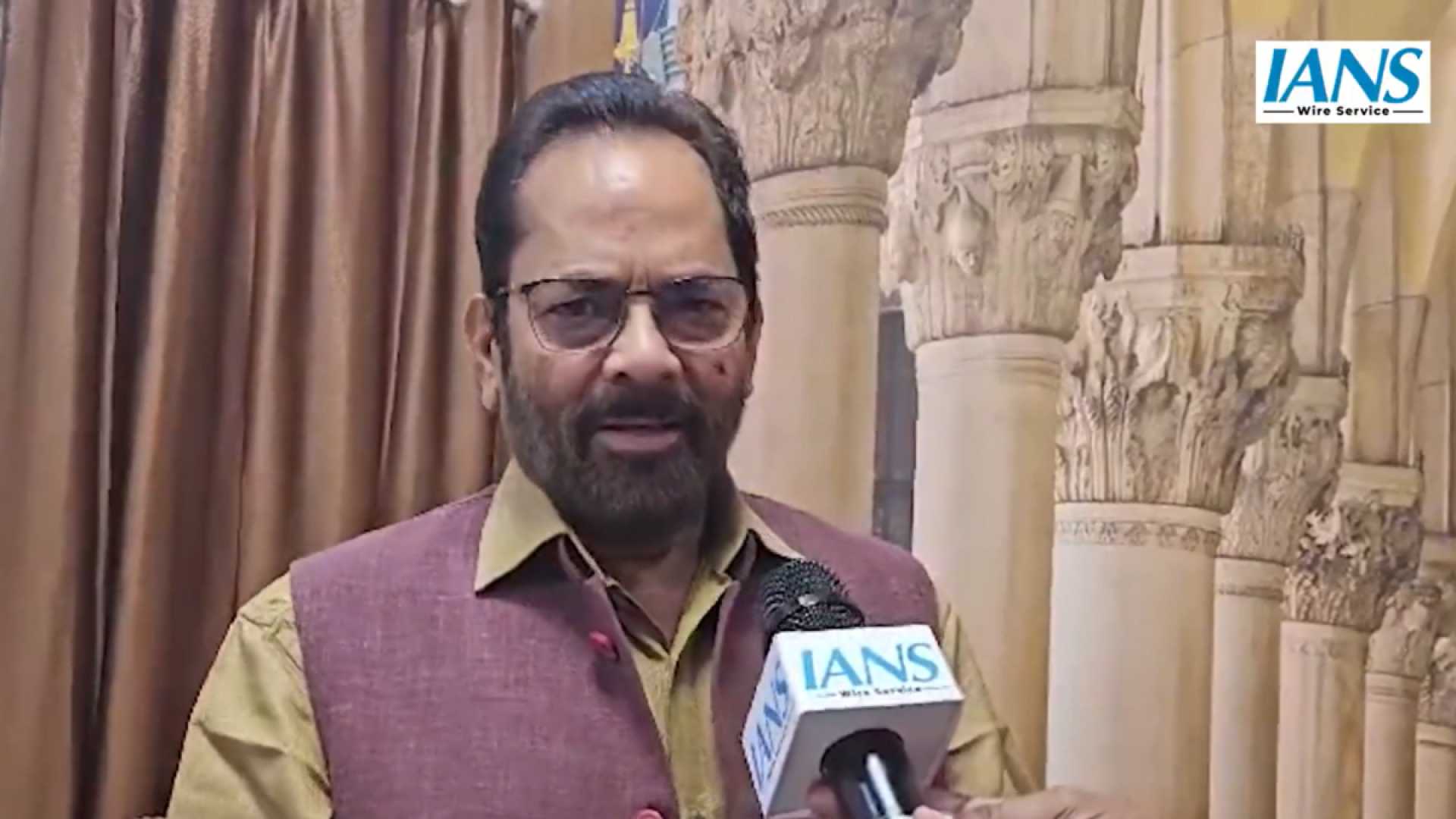News
Jalebi Becomes Symbolic in Haryana Elections Amidst Congress Setback

In an unexpected twist during the recent Haryana Assembly elections, Congress leader Rahul Gandhi inadvertently turned a traditional Indian sweet, jalebi, into a significant symbol of political discourse. On the campaign trail, Haryana Congress leader Deepender Singh Hooda gifted Rahul Gandhi the renowned Maturam’s Jalebi, which Gandhi proclaimed to be “the best jalebi” he had ever eaten in his 54 years. Gandhi’s suggestion to produce jalebis on an industrial scale quickly became a focal point in the election conversation.
The jalebi soon became a metaphor used extensively by BJP supporters to mock the Congress party following their defeat in the elections. Shortly before the election results were announced, Gandhi shared an Instagram video expressing his appreciation for the sweet and even mentioned a conversation with his sister, Priyanka Gandhi, about the memorable treat. He envisioned the jalebi’s popularity reaching a global scale through mass production.
However, as the BJP outperformed Congress in the election results, Gandhi’s comments on the jalebi were used as an ironic jab to highlight the perceived overconfidence of Congress. BJP supporters utilized the sweet to ridicule the Congress campaign, pointing out that jalebi is traditionally handmade, thus emphasizing a perceived detachment from ordinary realities by the Congress leader.
Initially, the election trends favored Congress, with early predictions forecasting a potential victory in the 90-seat assembly. Jubilant Congress supporters had even initiated celebratory gatherings, distributing jalebi as a sign of anticipated victory. Yet, as vote counting continued, the tide changed dramatically, with BJP securing more than the 46 seats needed for a majority, consequently marking its third consecutive term in Haryana.
Social media platforms were soon flooded with memes and posts, predominantly from BJP supporters, who embraced the jalebi to lampoon Congress’s expectations. Prominent BJP figures, such as Assam Minister Ashok Singhal, participated in the online jest, celebrating the BJP’s win by sharing images of themselves with the sweet, adding another layer to the campaign’s narrative.
The jalebi episode underscored the volatile nature of political narratives, particularly in the social media era, where a passing comment can turn into a significant political statement. The unforeseen elevation of the jalebi into a political symbol reflects the swift shifts within Indian politics and the impact of social media in shaping these narratives.
Though centered on a regional election, the ripple effects of Congress’s unexpected setback in Haryana—ironically symbolized by Gandhi’s fondness for a local delicacy—might influence their strategies in upcoming state elections, such as in Maharashtra.
This development, marked by what was initially an innocuous sweet treat, illustrates the rapid and often unpredictable dynamics of political campaigning in India, where the outcomes can defy expectations in profoundly impactful ways.












